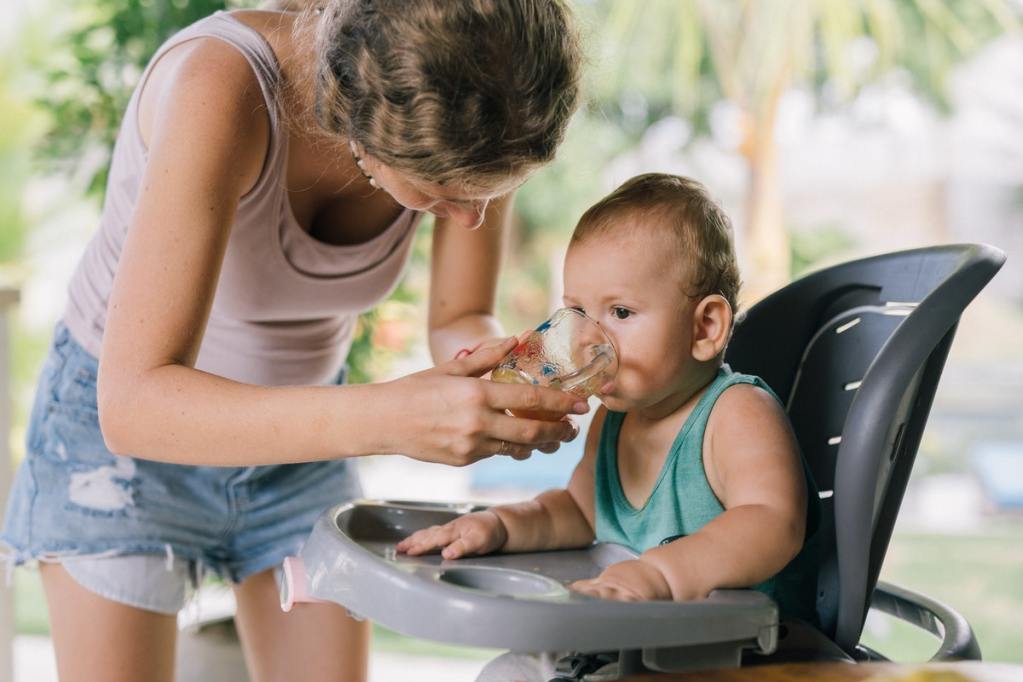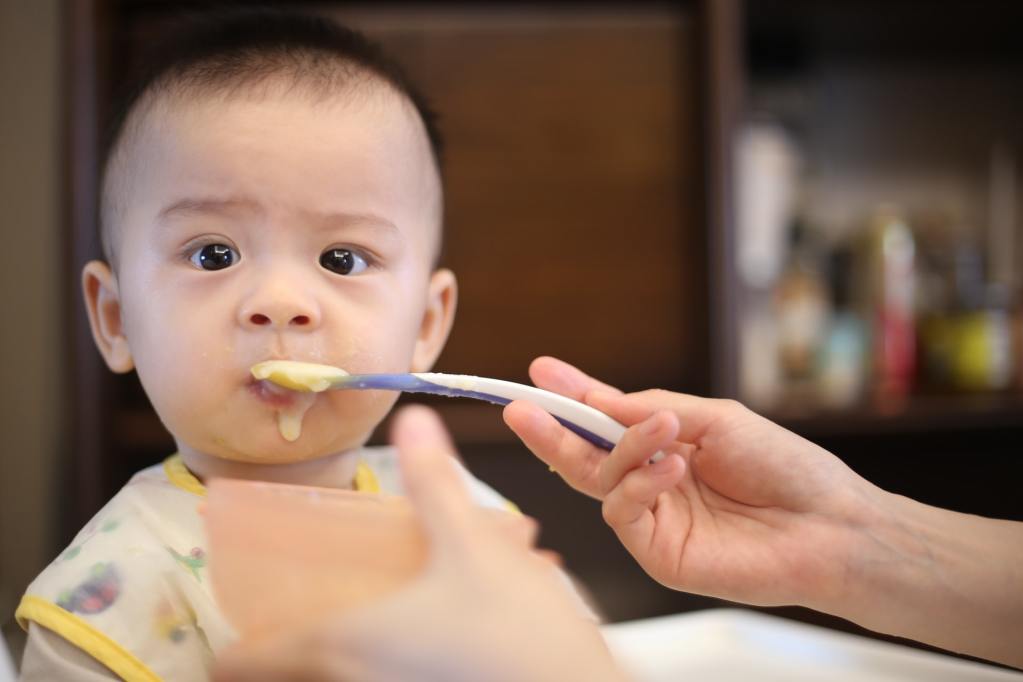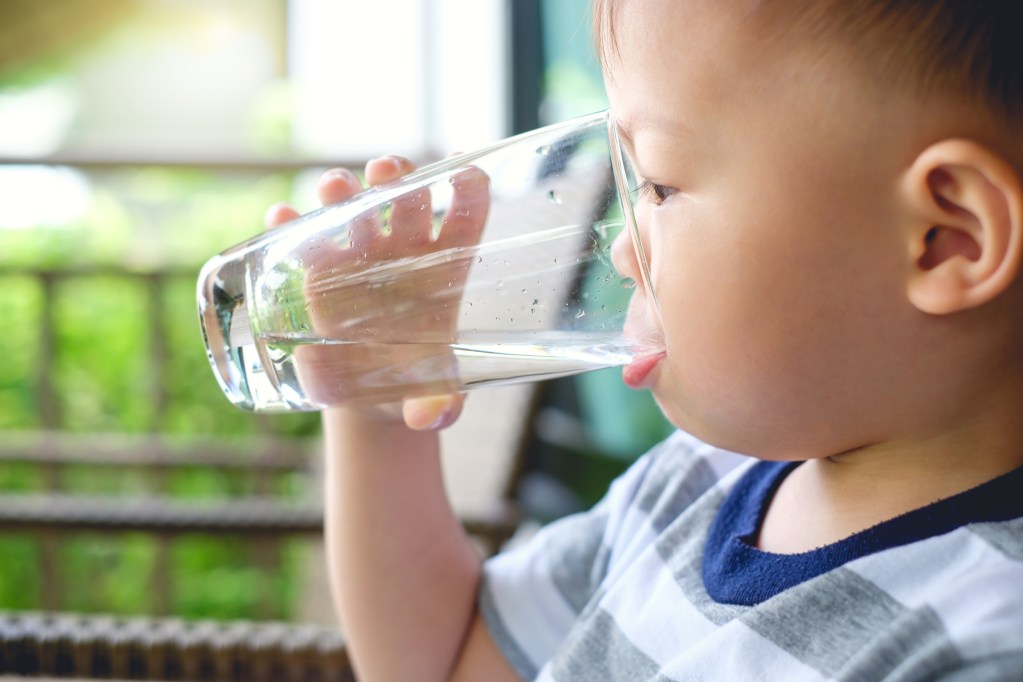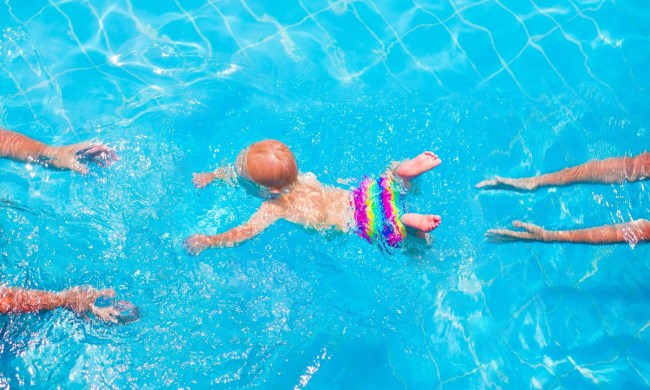
Water is a crucial part of almost every living being’s diet, with proper hydration being one of the keys to good health and wellness. However, you may be surprised to learn that there is an age limit when babies can have water.
Although it may be tempting on those hot summer days to give your infant a bit of water, or you may want to supplement your regular feeding schedule with water if you think your baby is thirsty, experts warn against giving water to infants under a certain age. So, when can babies have water? Keep reading to find out.

Why should infants not have water?
Most experts agree that until a baby reaches six months old, they only need to drink breast milk or formula, which provides all the hydration and nutrients your infant needs without adding water. There is concern that once a parent begins to introduce water to their infant’s feeding schedule, it may limit how much formula or breast milk the baby will then drink.
Effectively, by giving them water, they are filling up on something with no nutritional value and depriving them of the nutrients and the vitamins they need from breast milk or formula.

How to introduce water
Once you start to introduce solids to your baby, you may think that now is the time to start giving them water, and you’re partially right. Even though your baby is learning to eat new foods instead of solely relying on breast milk or formula for their nutrition, breast milk or formula is still a very important part of their diet.
If you want to begin to give your 6-month-old water, introduce it only after they have eaten and drank their regular meals. At this point you only need to give them between 2 and 3 ounces daily, slowly increasing from 4 to 8 ounces.

What is water intoxication?
Water intoxication is a very real concern for infants under 1 year of age who may consume too much water. Pediatrician James P. Keating, MD, retired medical director of the St. Louis Children’s Hospital Diagnostic Center, warns how water can be dangerous to an infant, noting that it “dilutes a baby’s normal sodium levels and can lead to seizures, coma, brain damage and death.”
He also warns parents against enrolling their babies in infant swimming lessons before their first birthday. “Repeated dunking of infants can cause them to gulp water and has caused seizures in the infants at the poolside,” he said.

How to prepare your water
You want to ensure your water is safe for your baby to drink before using it to mix formula or give it on its own. WebMD suggests that while most tap water is safe to drink, using a filtration system or distilled water is an option if you’re concerned about the quality of your water. For babies under 6 months old, all water used to mix with formula should be boiled.
As your baby gets older and grows bigger, water will be an important part of their diet, but it’s really not necessary or safe for them before they turn 6 months old. If you have any specific concerns or questions about when to introduce water to your infant, consult your pediatrician.



